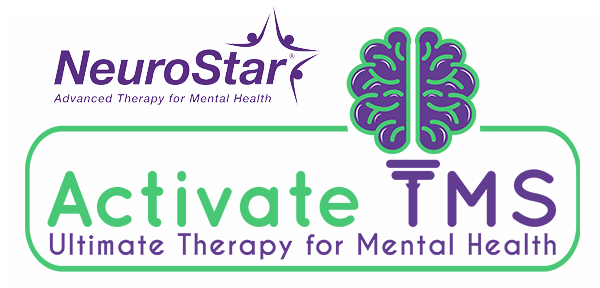Psychiatric Evaluation in Westlake Village

Psychiatric evaluations, or mental health assessments, are comprehensive evaluations using methods such as interviews, questionnaires, and standardized assessments. They explore the individual’s personal history, family history, current symptoms, and relevant life events.
These evaluations are conducted by qualified mental health professionals such as Psychiatrist, Psychiatric Nurse Practitioner or Psychologist to assess an individual’s emotional, psychological, and behavioral well-being.1
- A general psychiatric evaluation is arranged when there’s suspicion that you have a mental health condition.
- A typical psychiatric evaluation session could take between 60 and 90 minutes.
- During your evaluation, your mood, anxiety, sleep, appetite, energy levels will be reviewed as well as trauma & psychiatric history. Next, you’ll be assessed for any substance use or abuse. Your psychiatrist will determine whether you have any suicidal intent or ideations or having violent thoughts & aggressive behavior.
Who Might Need a Psychiatric Evaluation
Some common symptoms a person with a mental health condition might experience include:
- Sudden and sometimes violent mood swings
- Severe insomnia
- Loss of appetite
- Feeling disconnected from the people and things around you
- Exhibiting unusual behavior
- Becoming paranoid
- Hallucinating
- Suddenly losing interest in activities, you once enjoyed
- Experiencing unexplainable memory loss
How to Prepare for a Psychiatric Evaluation
- Before going in for a psychiatric evaluation, you should do some self-preparation. The first thing to do is to confront your feelings. Write down what you’ve been feeling and what symptoms you think you’ve been experiencing. Also, note any medication you’ve been taking and any past visits you’ve made to the doctor.
- Before booking a psychiatric evaluation, another thing to think about is what it will cost. Your health insurance might cover it in some cases, so you should check with your provider. If your insurance doesn’t cover it, you will have to pay out of pocket. Some psychiatrists will let you negotiate the fees or provide a payment plan to help you ease the financial stress.
- Psychiatric evaluations are structured like conversations. During the evaluation, your psychiatrist relies on you to help them help you.
- You might feel nervous or anxious during an evaluation. It helps to remember that the psychiatrist is there to help you find a solution to your problem.
What Happens After a Psychiatric Evaluation
After an evaluation, your psychiatrist will develop a diagnosis that best fits your symptoms. They will discuss your diagnosis with you and what you can expect in the weeks, months, and years to come. They will also develop a treatment plan in collaboration with you designed specifically for your needs. The treatment plan will typically include a combination of medication and psychotherapy.
If you are not satisfied with your psychiatrist’s diagnosis or treatment plan, you can ask for a second opinion from another healthcare professional.

